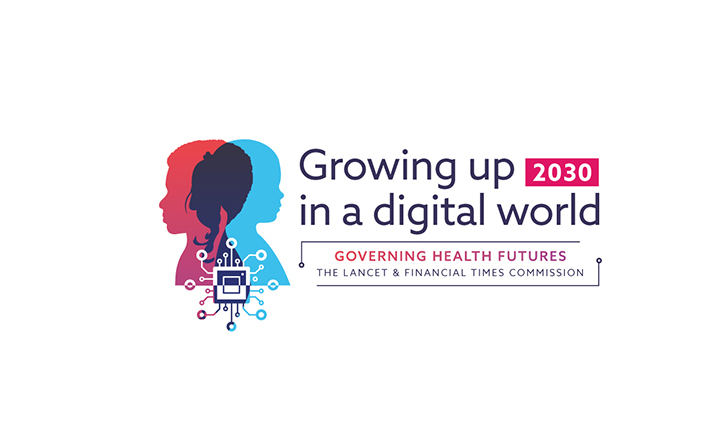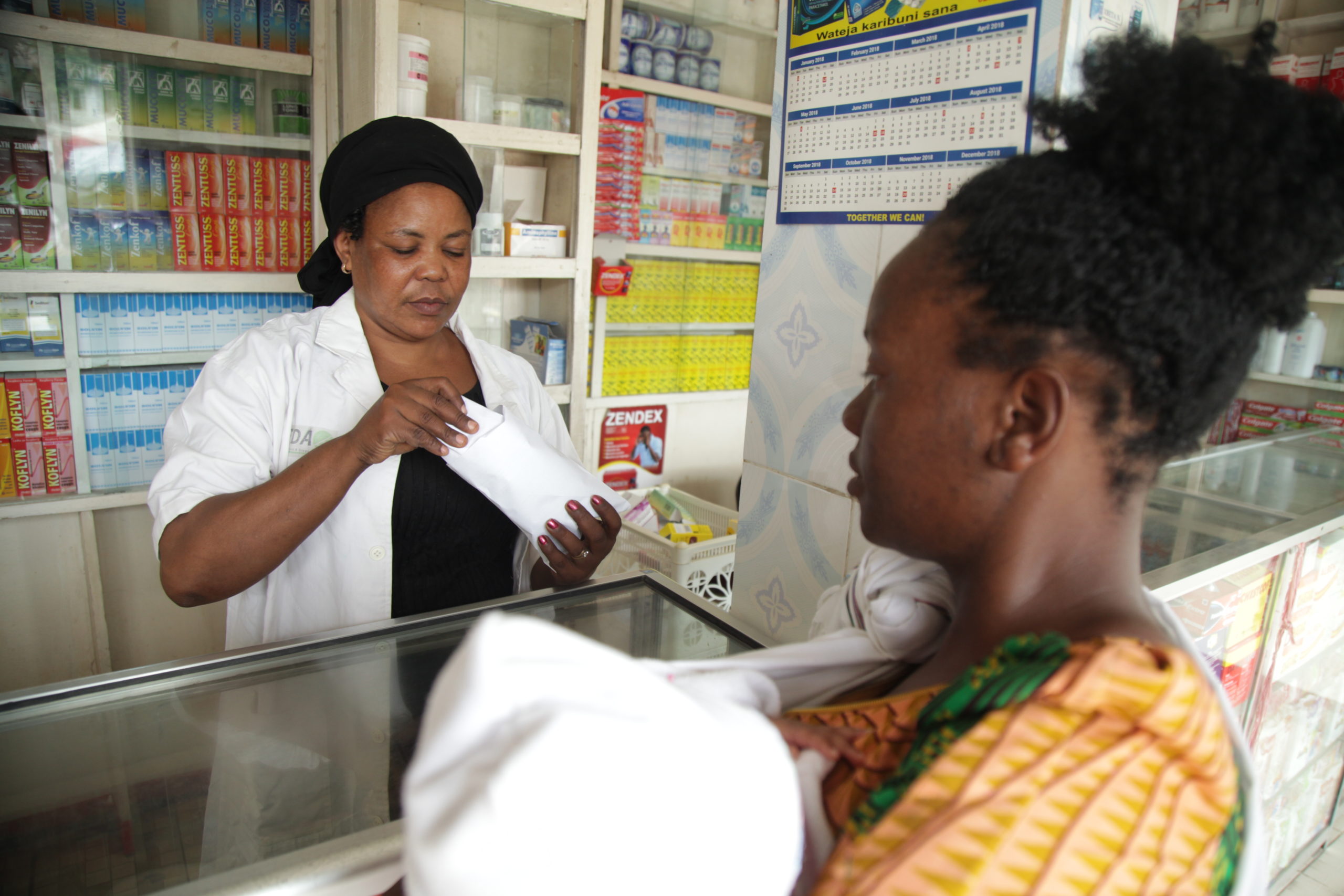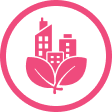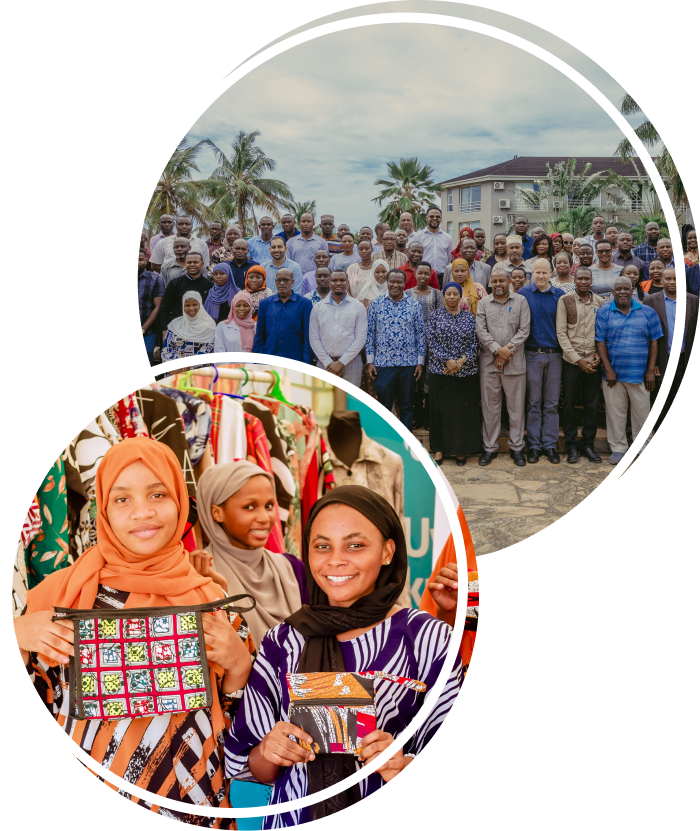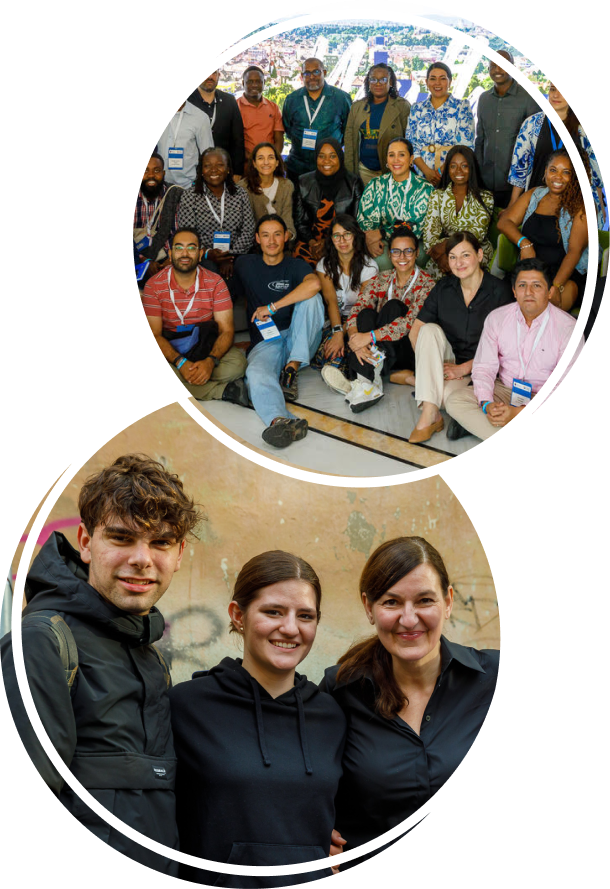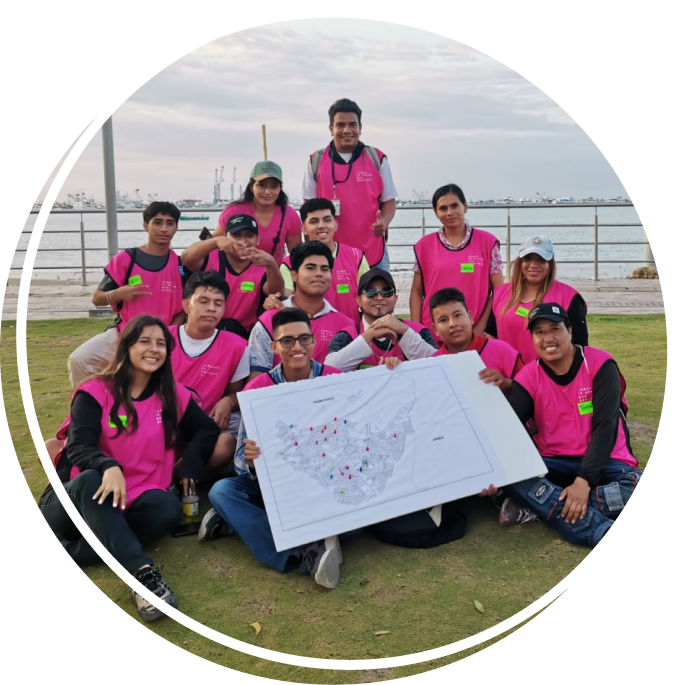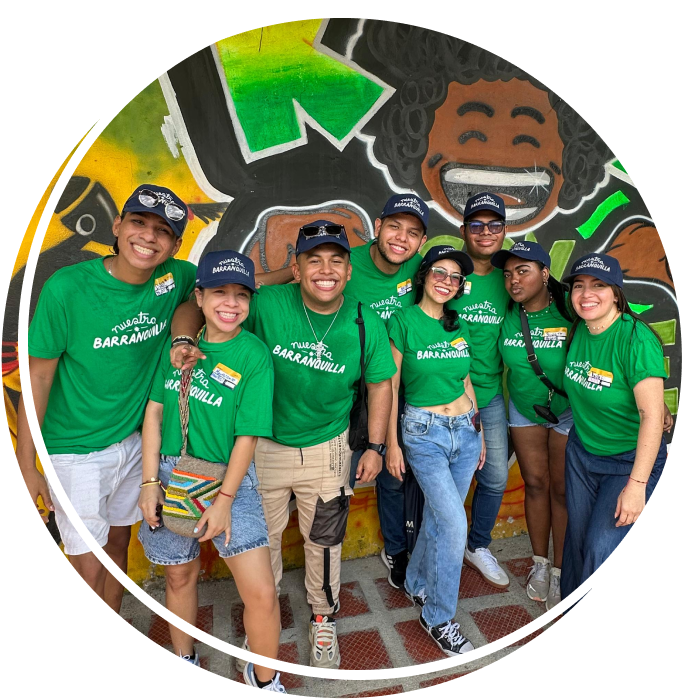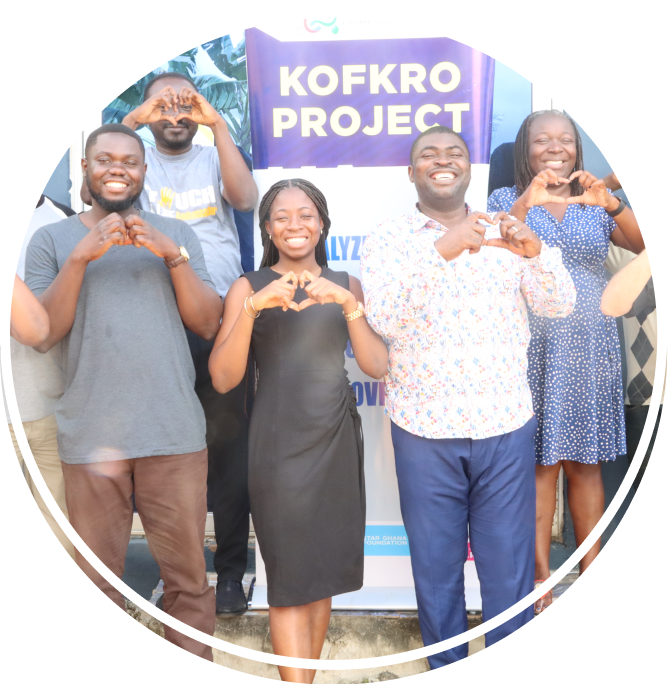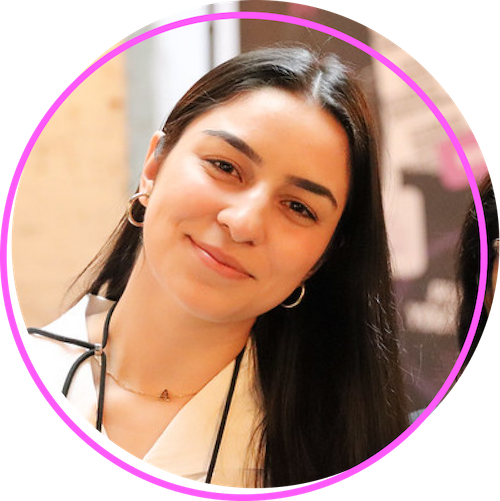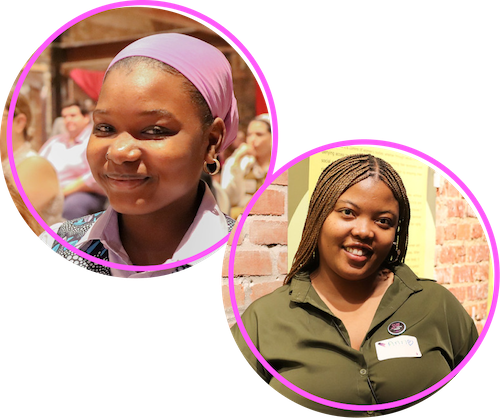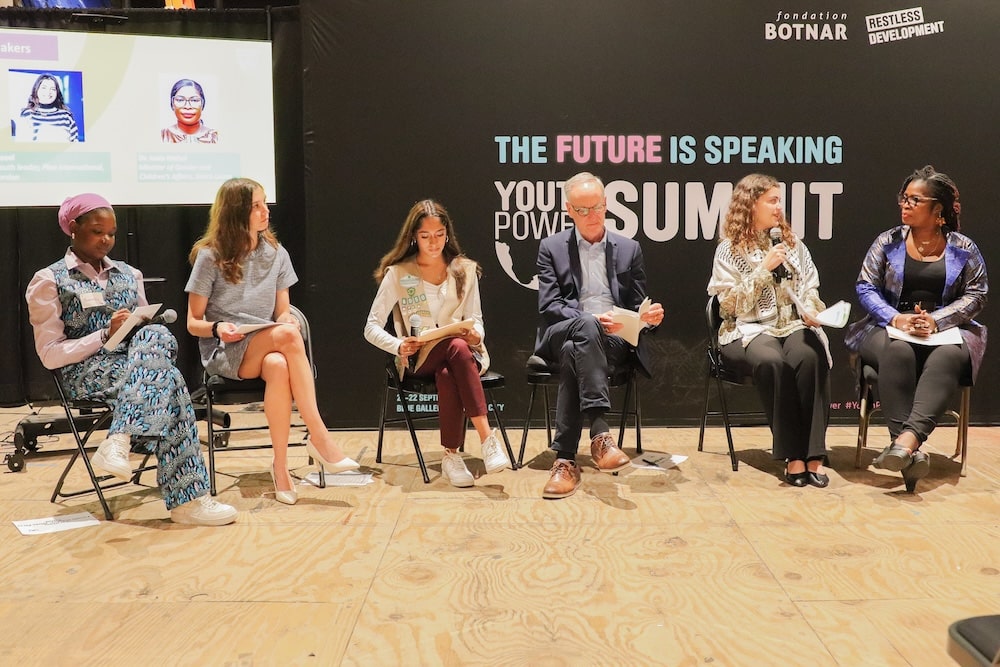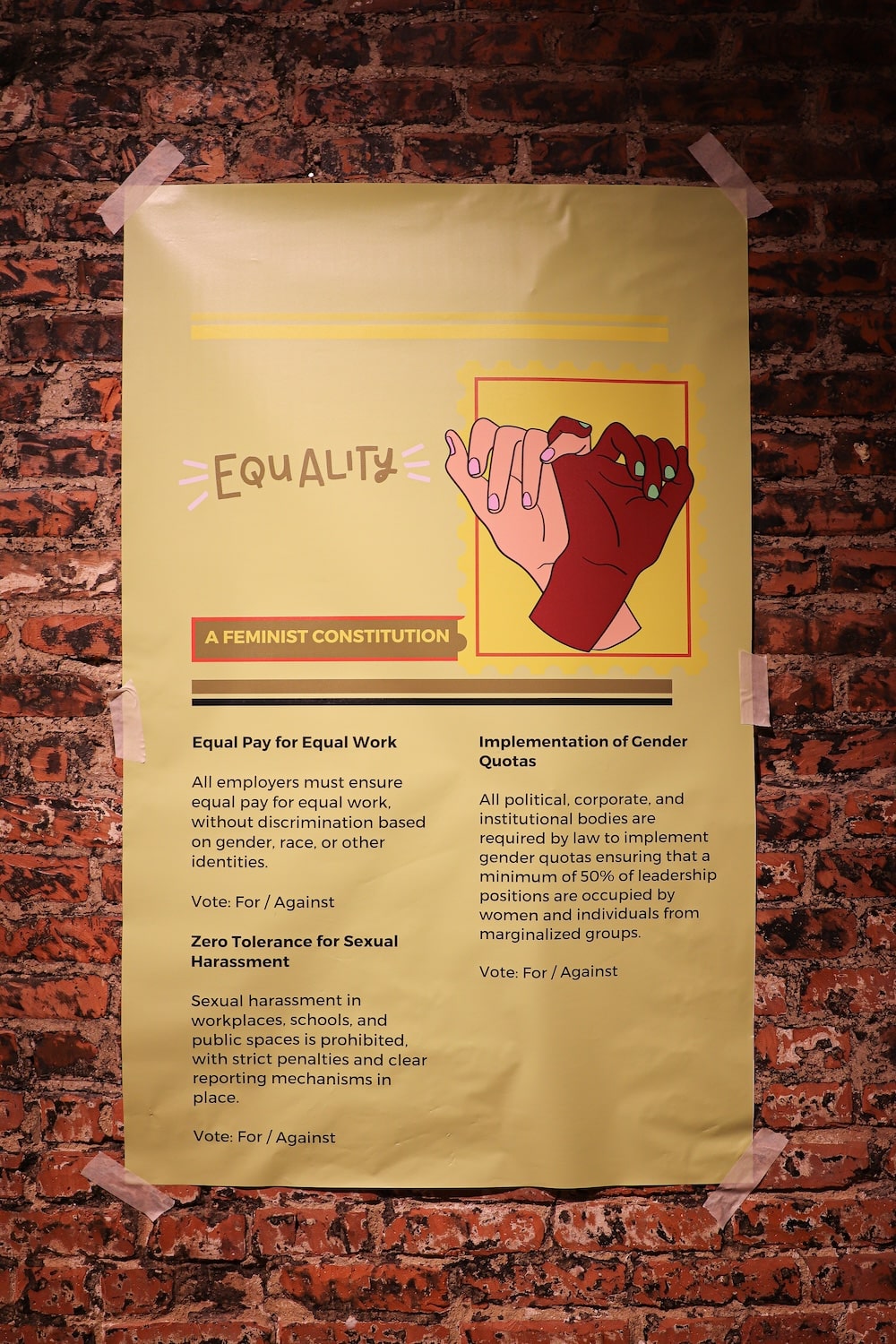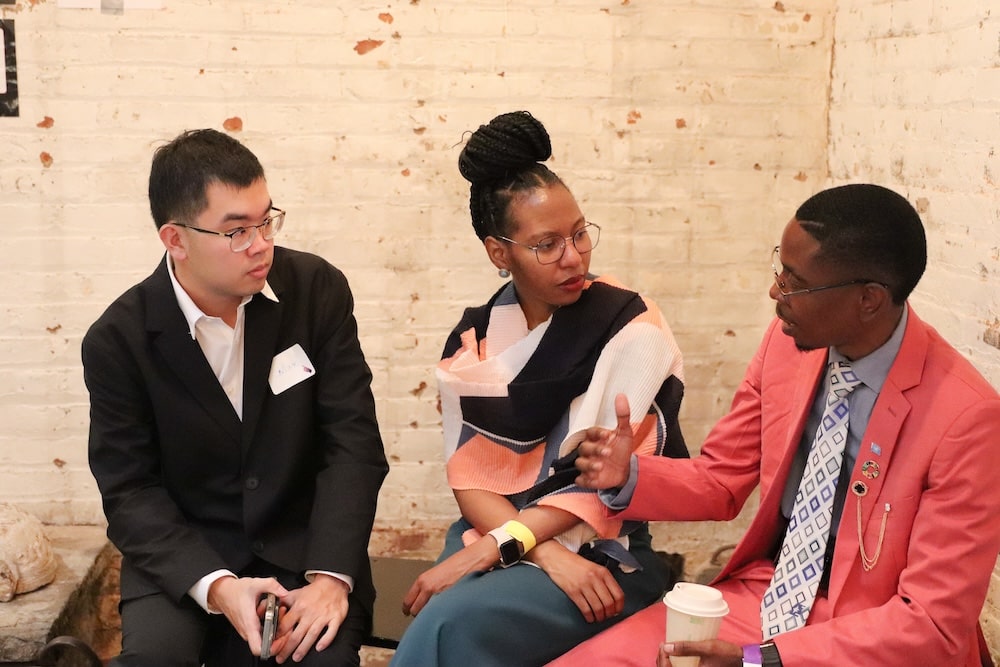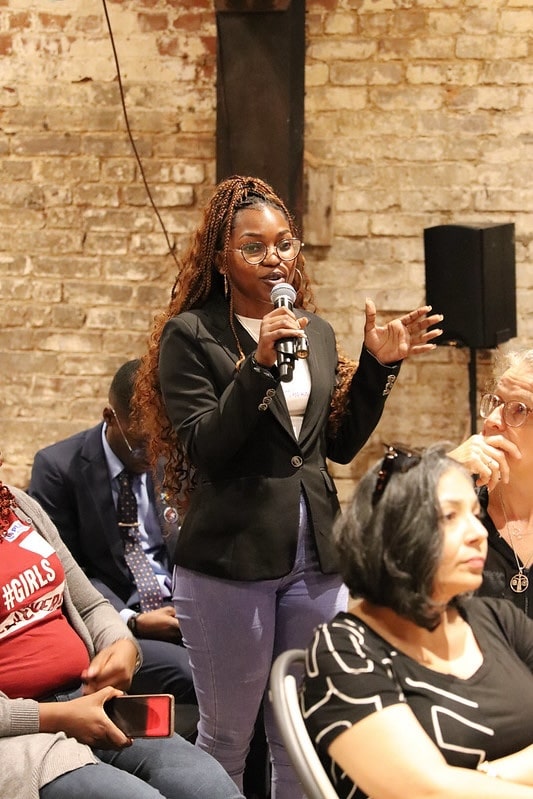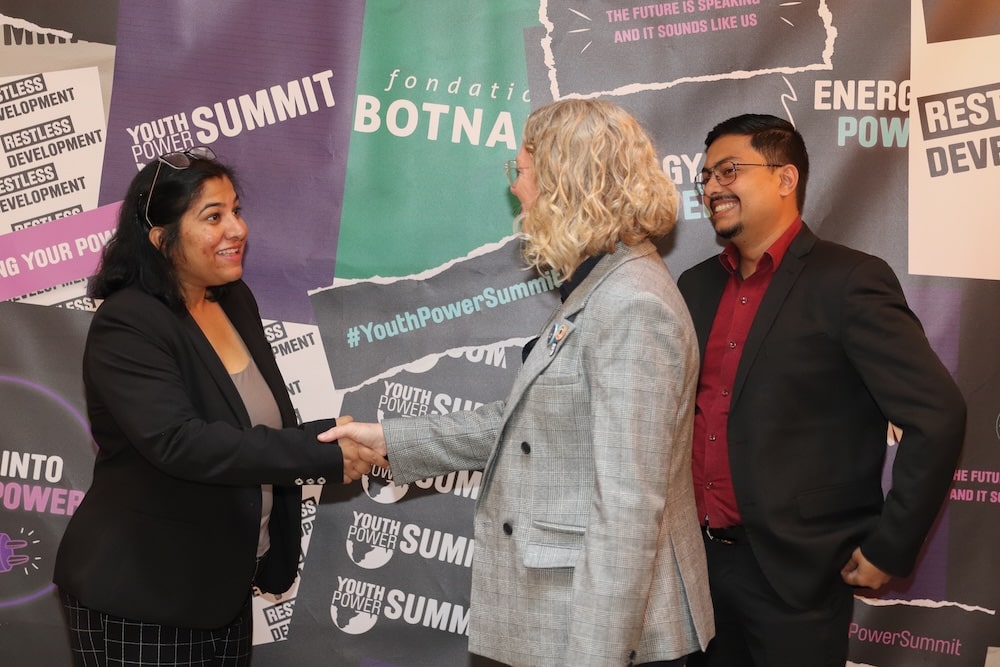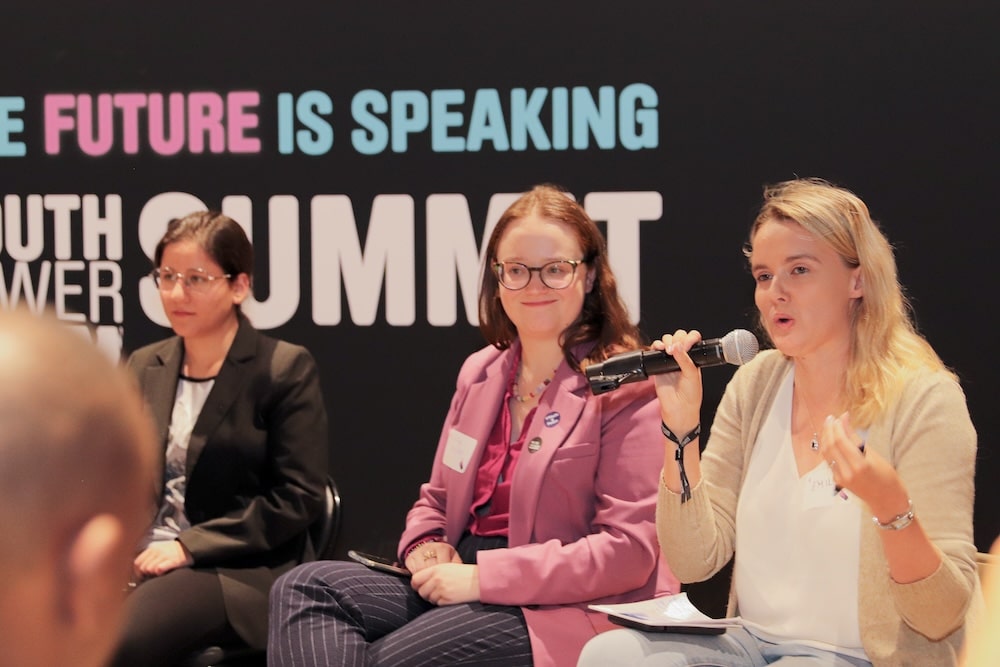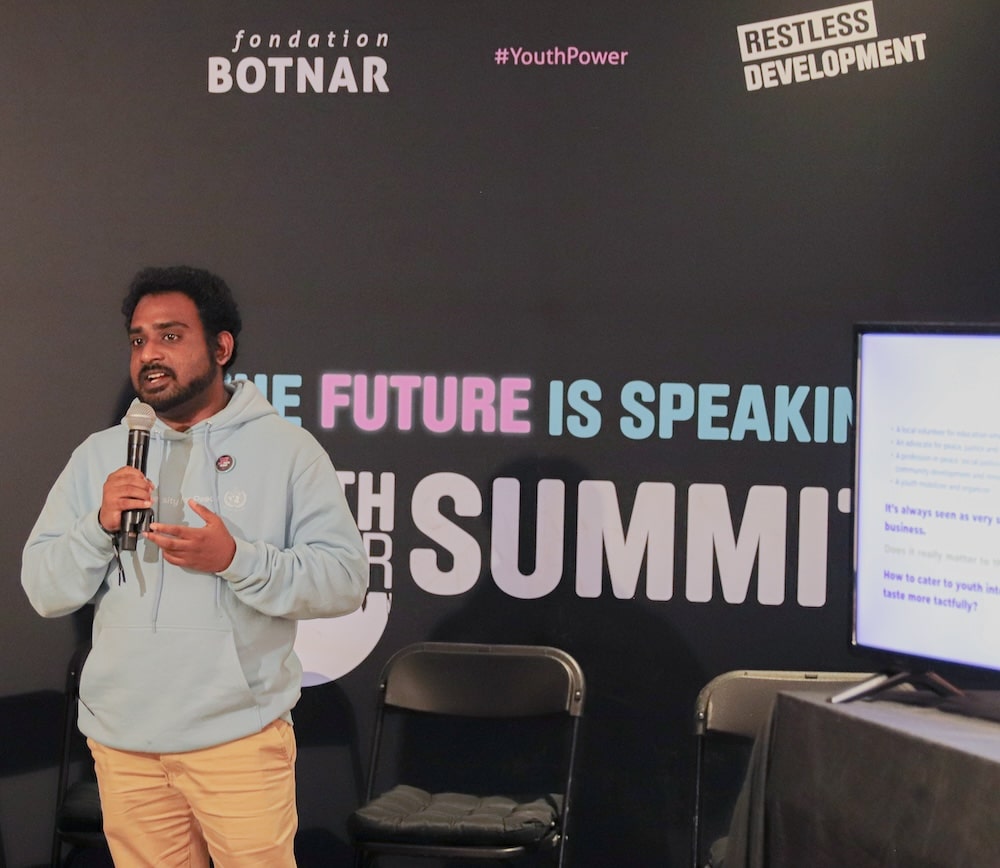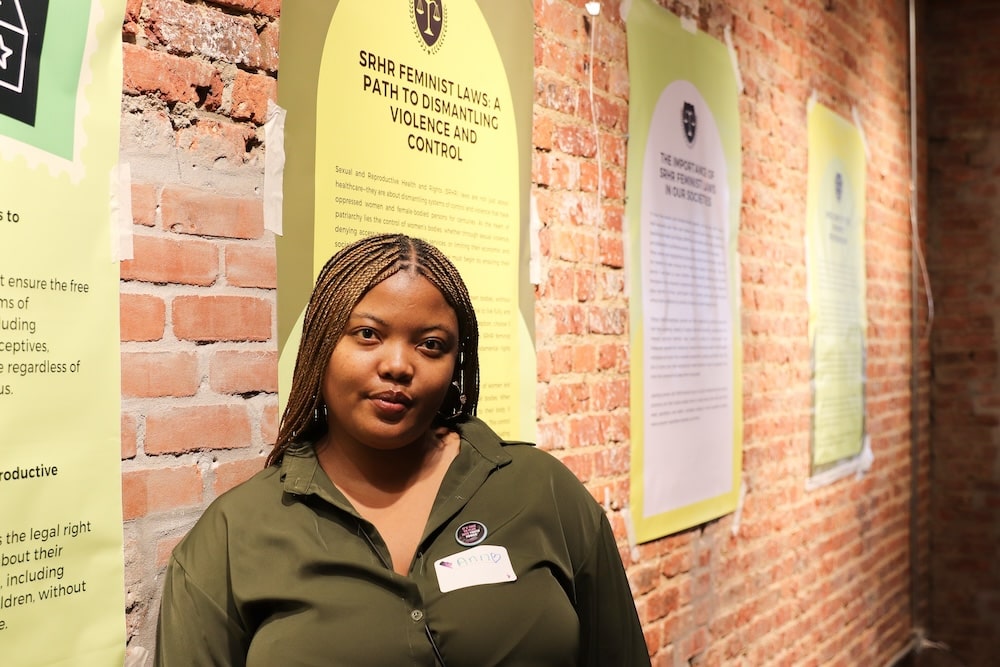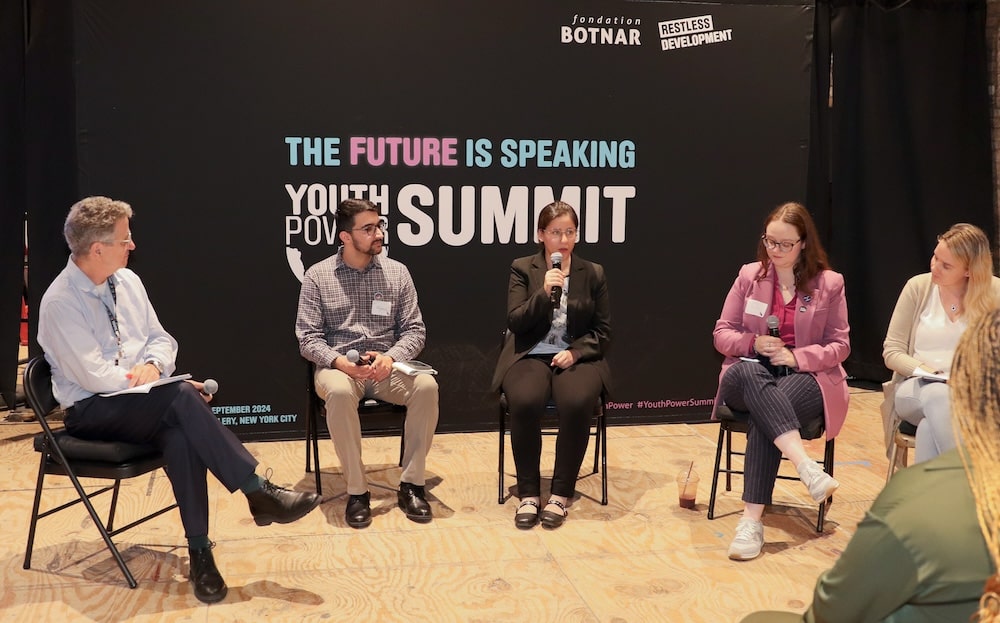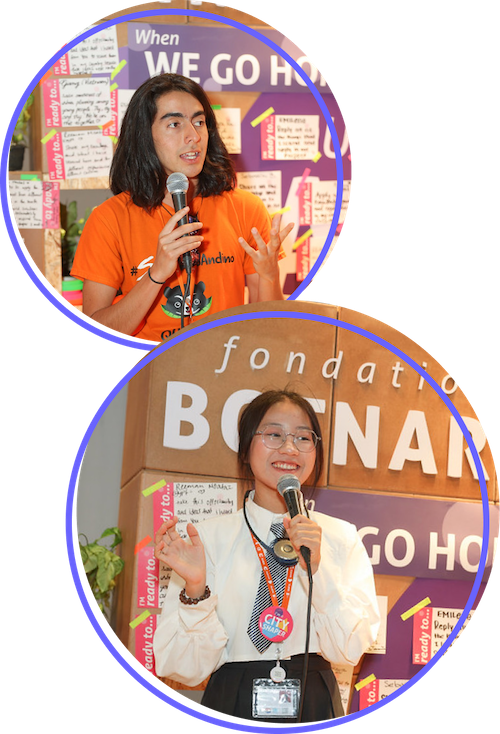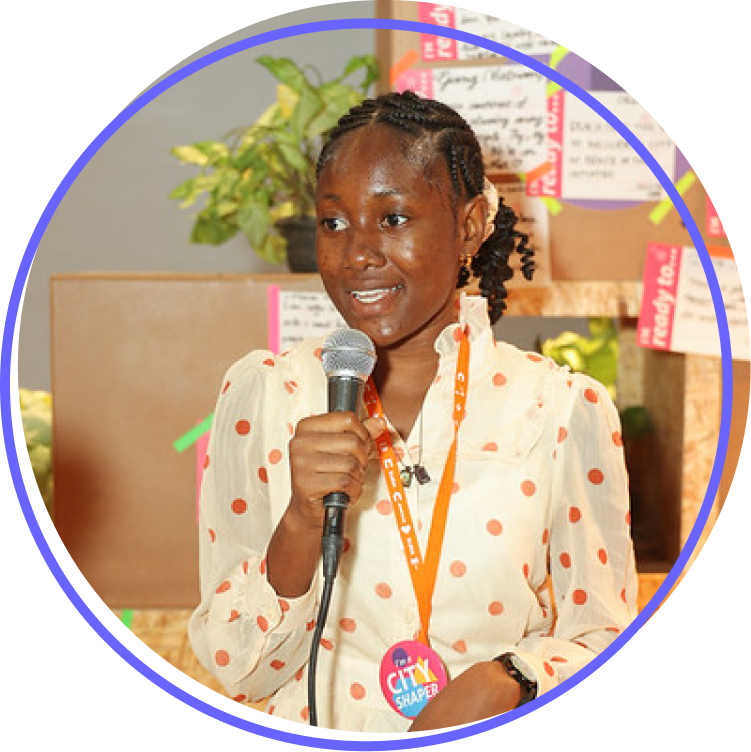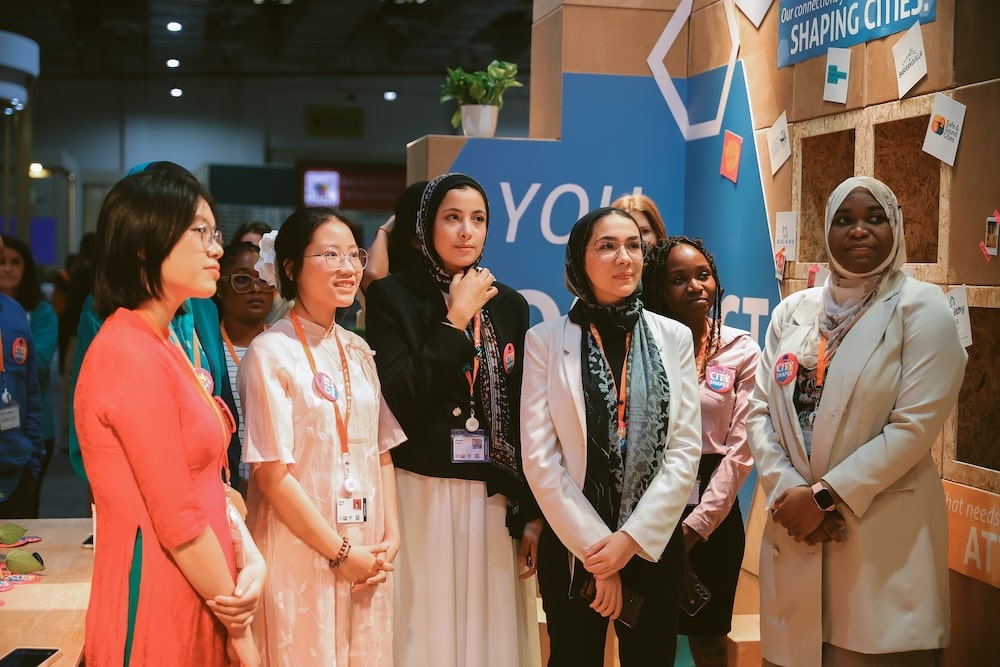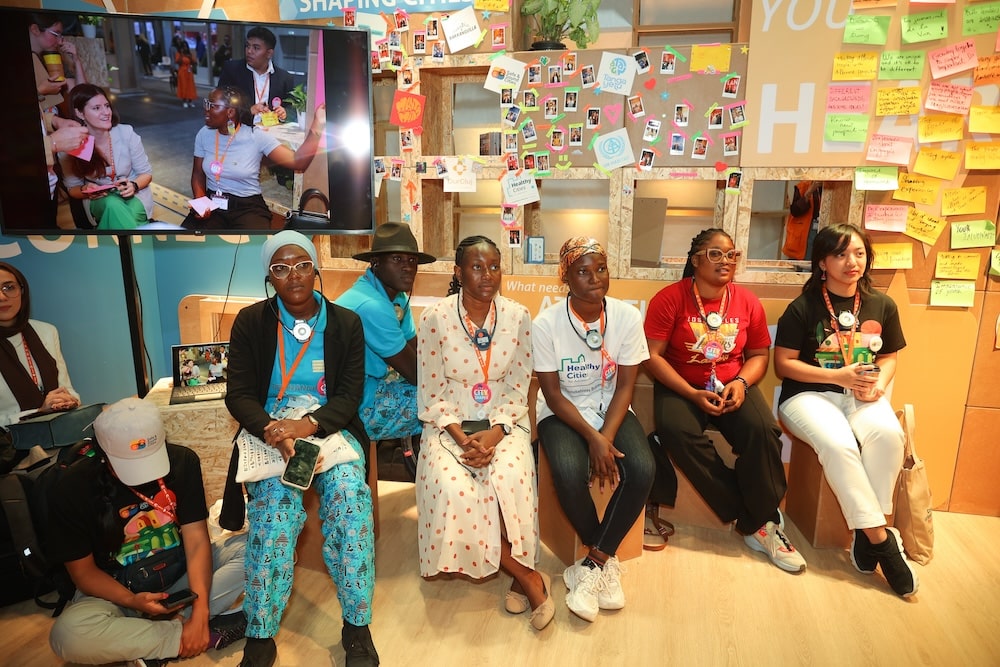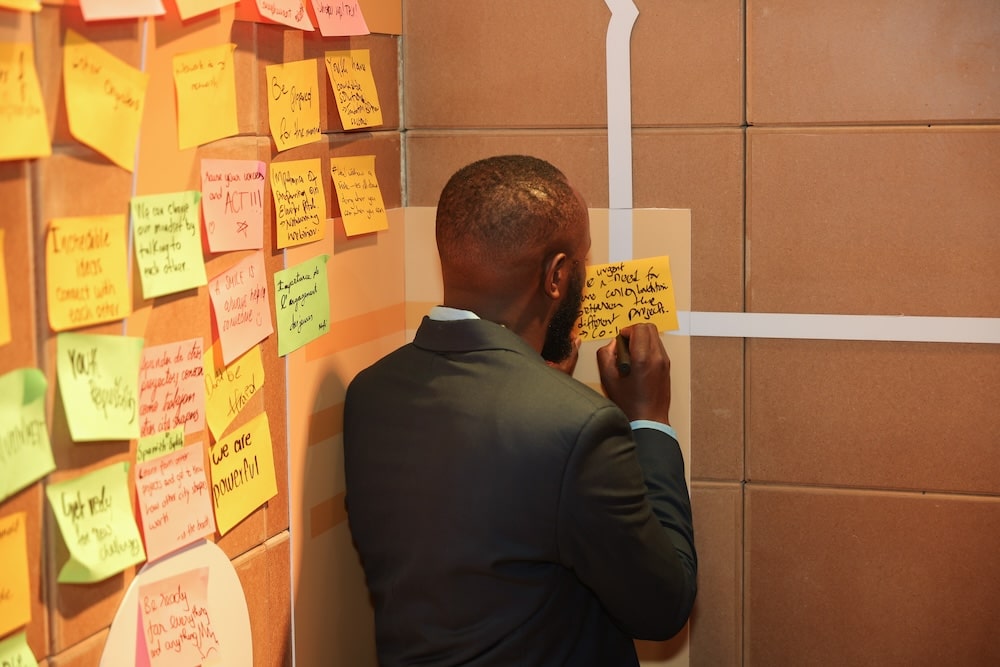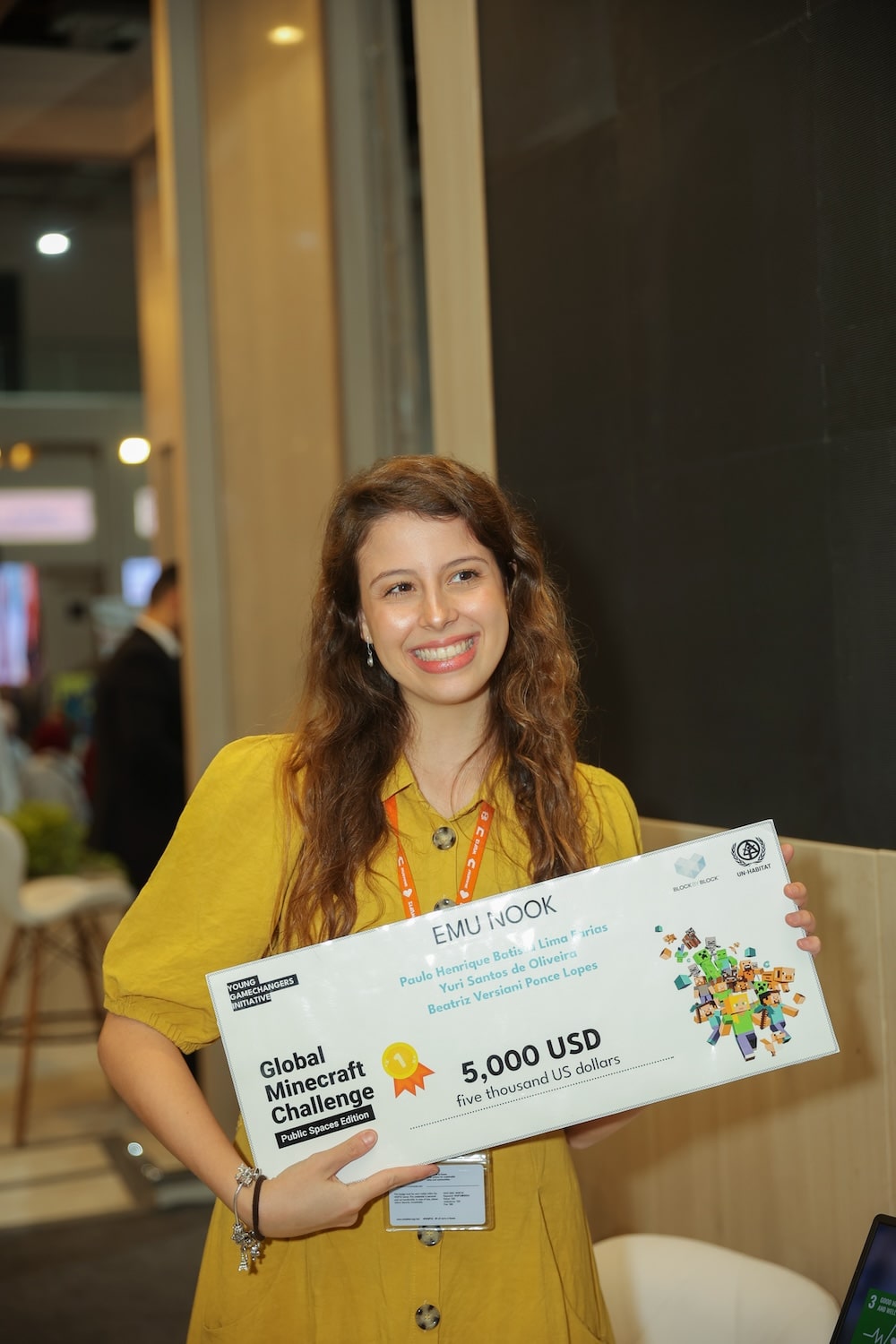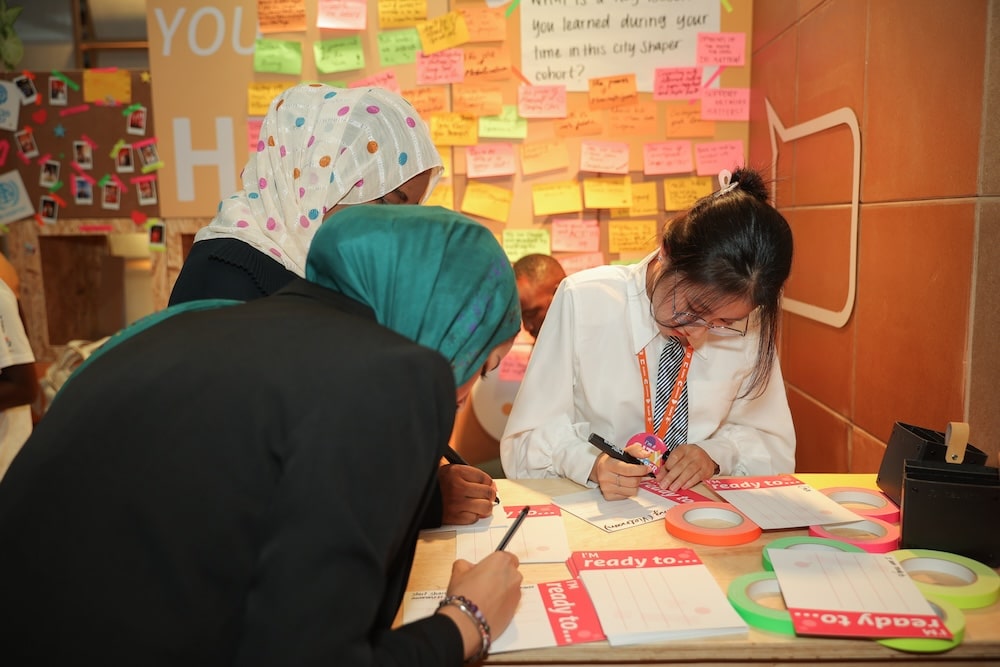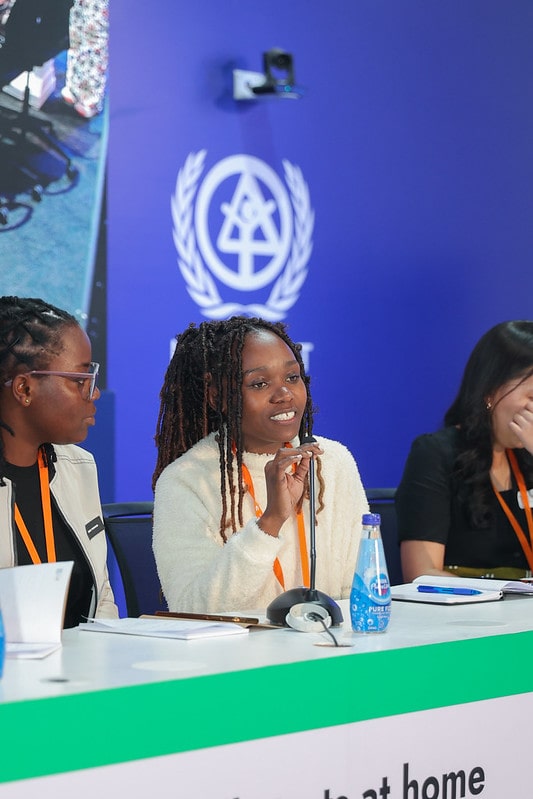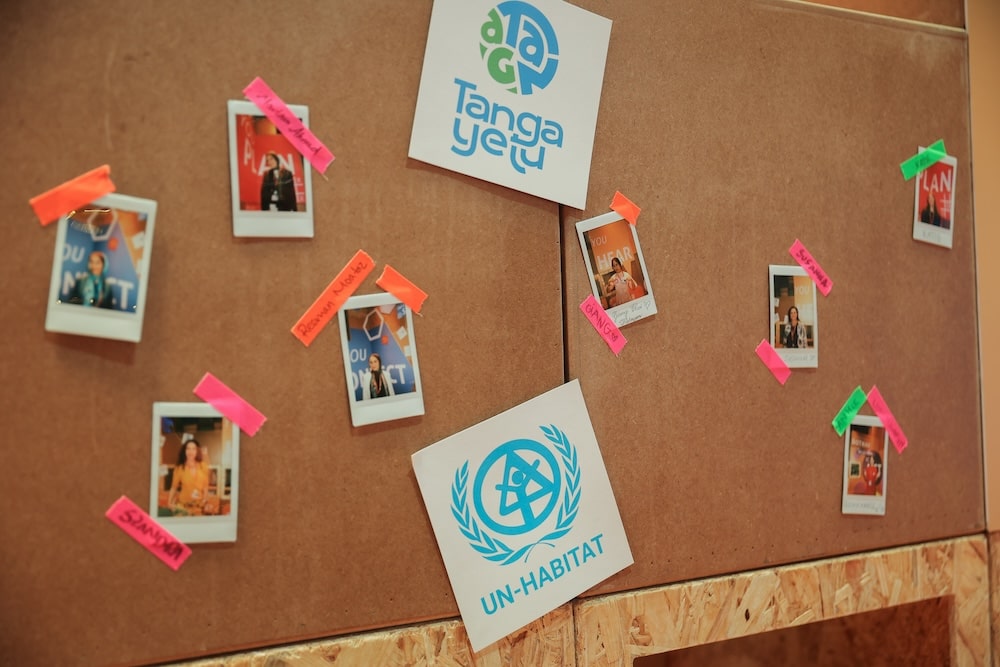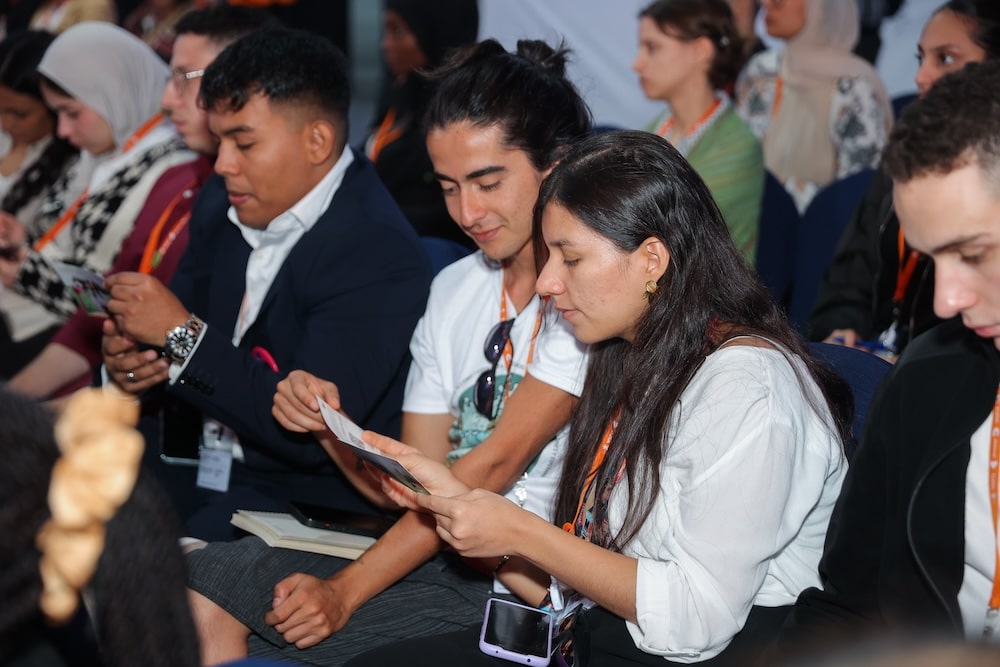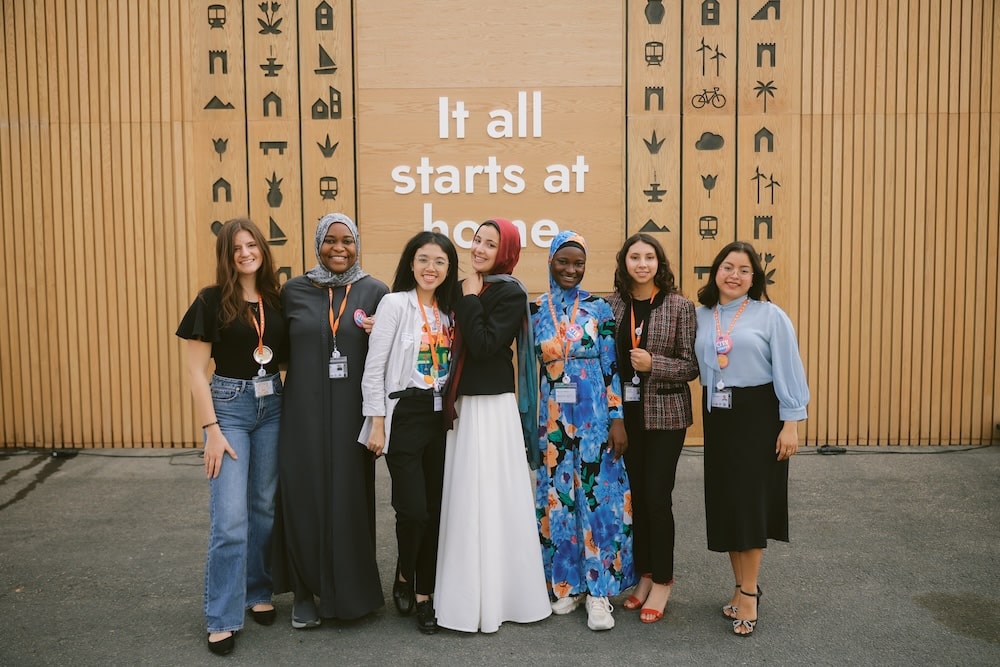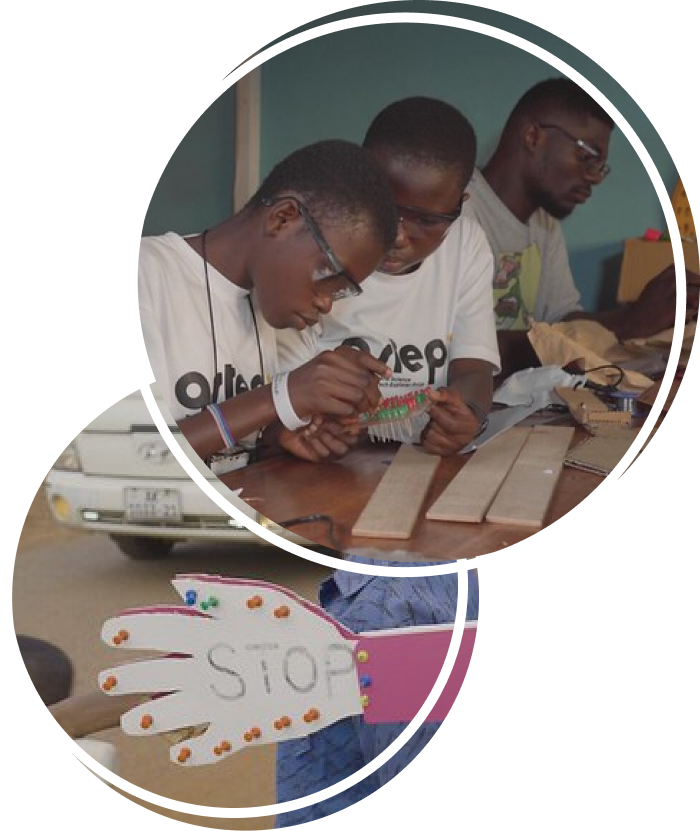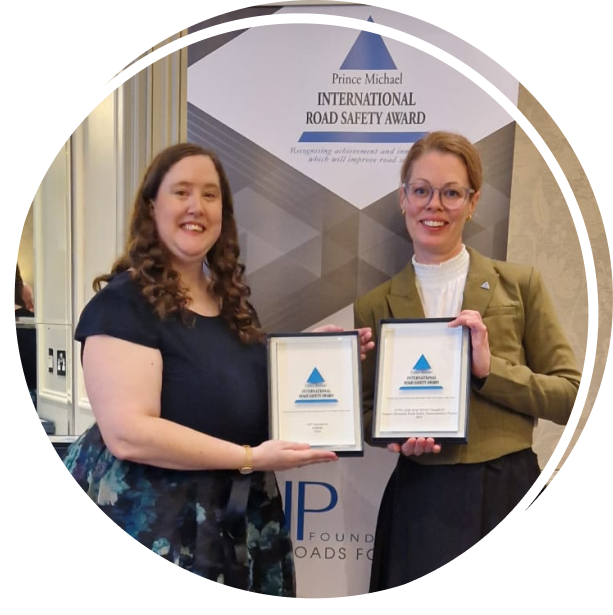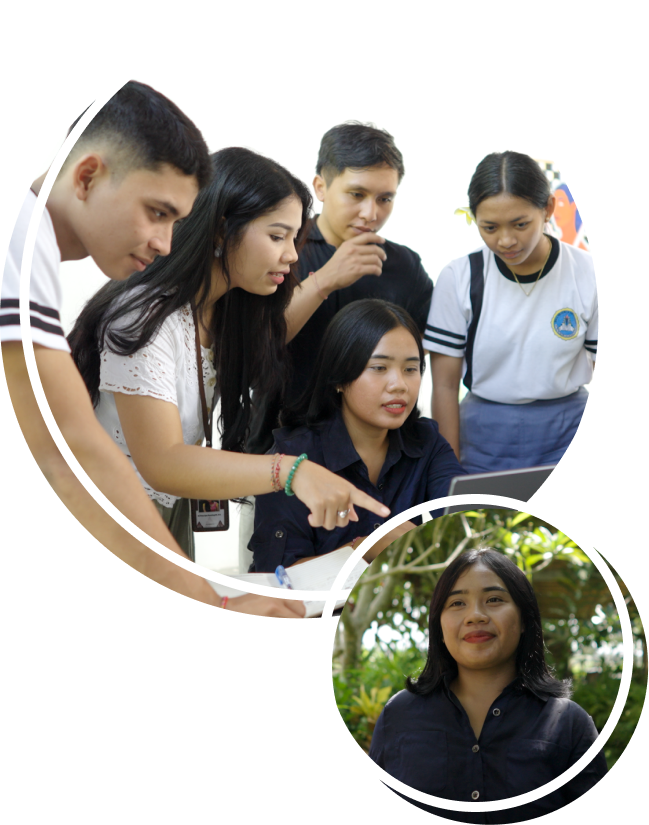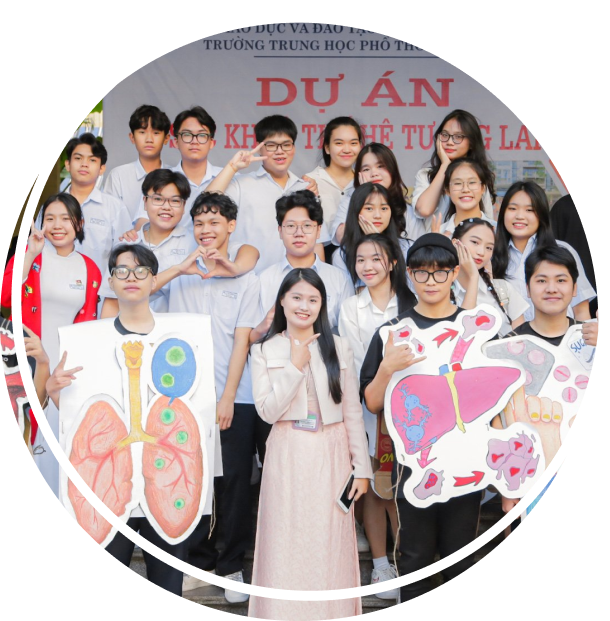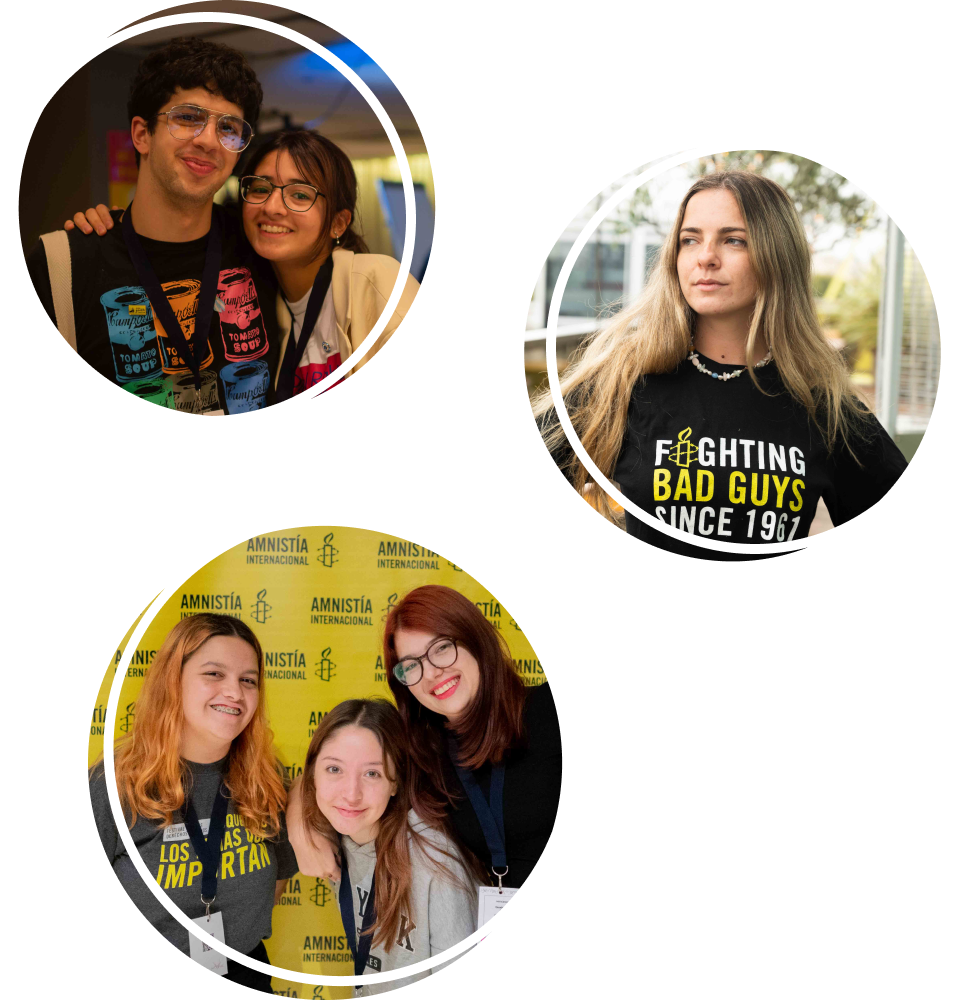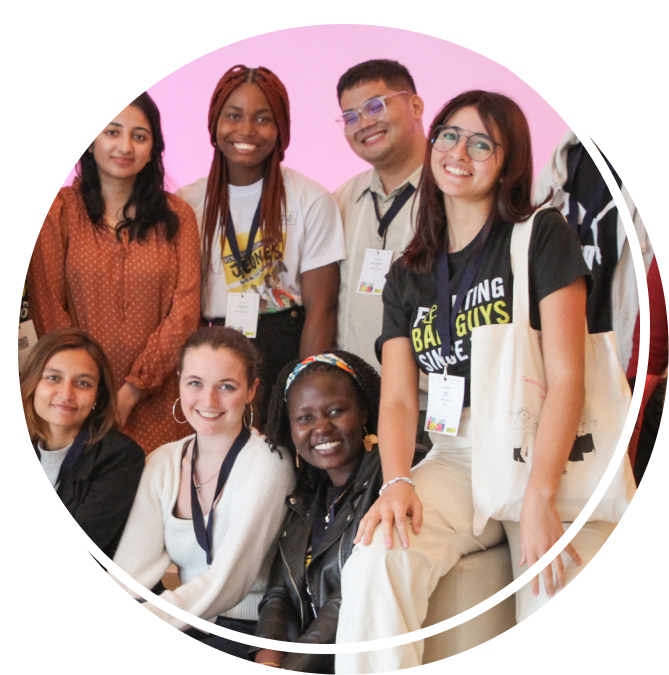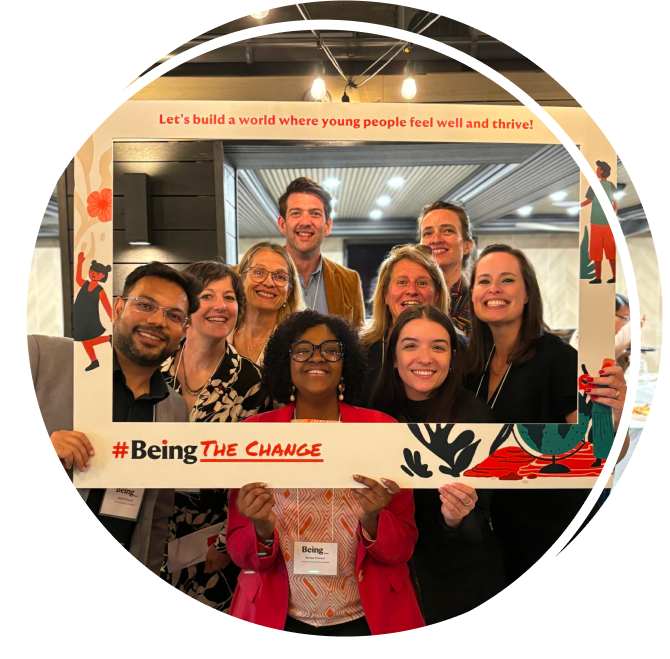The challenge
Every year, more than 5 million children die, most from completely preventable or treatable causes. Despite huge advances in medicine across the world, we continue to see a wide gap between high income countries and those with fewer resources — in 2019, sub-Saharan Africa and South Asia accounted for over 80% of deaths for under-5 year olds, despite only being home to 52% of them.
There’s clearly a vast need to change the system and to improve our approach to care for children, especially in low and middle income countries. However, in many under-resourced parts of the world, primary care for children remains a difficult and manual process, with a chronic shortage of trained healthcare workers, necessary equipment, or the lack of diagnostic tools.
With these difficulties in primary care come further problems. In Tanzania, as many as 9 out of every 10 antibiotic prescriptions are unnecessary, contributing to a rapidly escalating problem of resistant pathogens and ever-less-effective treatments; the issue ranks among the WHO’s list of top concerns.
Our contribution
Fondation Botnar is proud to be supporting Unisanté and their research partners with its DYNAMIC project — a 5 year initiative that is changing the face of primary care for children in several locations across Tanzania and Rwanda.
Combining the work of healthcare professionals, software engineers, and scientists from across the world, DYNAMIC is a new, clinical and data-driven approach to healthcare that gives frontline workers flexible clinical algorithms and the mobile tools they need to make quick and accurate diagnoses — treating children faster, easier, and more reliably.
By giving workers in low-resource areas digital tools to quickly consult, build up patient profiles and run diagnostic tests with confidence, not only will DYNAMIC greatly improve the point-of-care experience, but also have a huge impact on controlling the misuse of antibiotics — expected to reduce unnecessary prescriptions by several folds and protecting their effectiveness over the long term.
At a higher level, data from the project will also be valuable to informing wider public health policy by identifying potential local epidemics or outbreaks and helping implement effective preventative measures such as vaccinations.
Objectives of the project
- Provide healthcare workers with the technology required to diagnose and treat children aged 0–14 more effectively.
- Reduce unnecessary or incorrect antibiotic prescription to protect resources and the long-term effectiveness of treatments.
- Guide and refine healthcare protocols to help deal with illness in children in other low-resource settings.
- Adapt, learn from and improve the platform’s effectiveness over the duration of the project.
Location
80 health centres across Tanzania and Rwanda
Duration
2019 — 2024
Partners
Unisanté, Swiss Tropical and Public Health Institute, The École polytechnique fédérale de Lausanne (EPFL), Ifakara Health Institute, The National Institute for Medical Research, Tanzania, Rwanda Biomedical Centre.
Resources:
To learn more about how DYNAMIC works, watch the video below by Unisanté.

